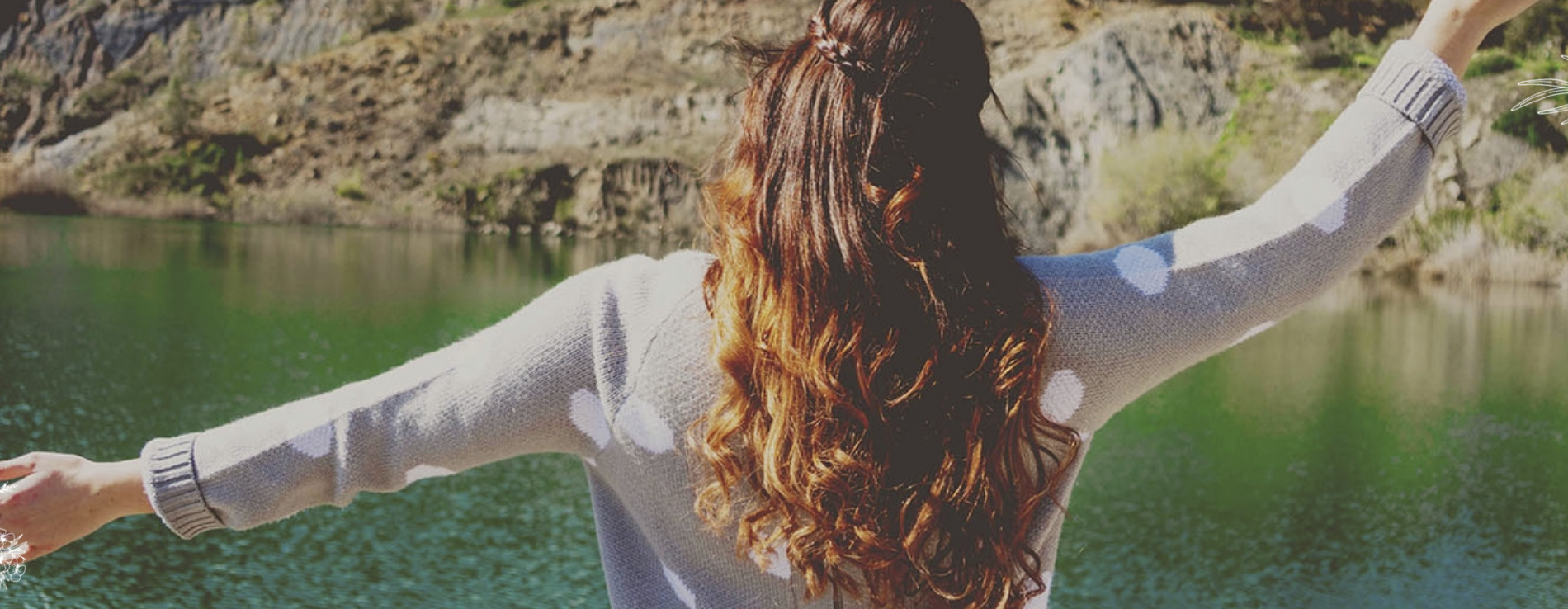How Getting Back to Nature Can Be Therapeutic

“I went to the woods because I wished to live deliberately to front only the essential facts of life, and see if I could not learn what it had to teach”—Henry David Thoreau, Walden
Have you ever noticed how good you feel after spending time outside in nature? Whether it’s walking through the woods, sitting by a lake, or just spending time in your backyard, nature has a way of rejuvenating us and making us feel more alive. In our modern, technology-driven world, it’s easy to become disconnected from nature, but research shows that making an effort to spend more time outdoors has tremendous benefits—for both your physical and mental health.
The Benefits of Being in Nature
1. Reduces Stress and Anxiety
One of the most well-studied effects of nature is its ability to reduce stress feelings and anxiety. Nature’s sights, sounds, and smells have a calming and relaxing effect on our minds. Several studies have found decreases in heart rate, blood pressure, and cortisol (a stress hormone) after time spent outside. Whether you’re feeling overwhelmed by daily life or coping with a medical issue, some quality time in nature can help ease your burden.
2. Boosts Mental Health
Along with reducing anxiety, time outdoors has been shown to lower rates of depression, combat fatigue, and improve overall mood. Interacting with nature also stimulates your brain by introducing sensory variability and engaging your mind. One study even found that outdoor walks were linked to increased creativity and problem-solving abilities. If you’re feeling stuck in a rut, a change of scenery may be just what you need to get your creative juices flowing.
3. Improves Focus and Cognitive Performance
Our attention spans seem to get shorter every year thanks to constant digital stimulation from screens and devices. Time in nature may counteract some of those effects by restoring mental clarity and improving focus. One study found that children with ADHD showed improved concentration after playing in natural settings. Combining both physical activity and exposure to nature was more beneficial than just exercise alone. Adults can experience similar effects by taking a break in a park or garden when feeling drained.
4. Promotes Physical Health and Activity
In addition to advantages for mental health, time outdoors also provides opportunities for physical exercise, engagement, and movement. Parks and wilderness areas encourage walking, exploration, and enjoyment of fresh air. Outdoor activities like hiking, kayaking, or gardening can all contribute to increased lifespan by keeping your body active. Exposure to sunlight also promotes healthy vitamin D levels and better sleep at night. So instead of another afternoon on the couch, get outside and promote both mental and physical wellbeing.
5. Strengthens Your Immune System
Believe it or not, science suggests that spending time in forests and green spaces can actually bolster your immune function. Trees and plants release organic compounds called phytoncides that have antimicrobial properties able to fight off germs and bacteria. Breathing in fresh outdoor air also exposes your body to a variety of microorganisms that may help strengthen immune response. This exposure to “good bacteria” regulates inflammatory pathways linked to chronic conditions. So a hike in the woods is literally an immune booster.

6. Inspires Awe and Gratitude
Have you ever stood at the top of a mountain and marveled at the view? Or walked through a forest and felt in awe of nature’s beauty and complexity? These awe-inspiring moments have the power to change our perspective for the better. Time in nature often helps people feel more grateful, more connected to something larger than themselves, and more invested in protecting the natural world. It puts our problems and worries into perspective and reminds us that we are part of a much grander universe.
Ways to Increase Time in Nature
1. Easy Local Access to Natural Spaces
One of the easiest ways to boost nature exposure is taking advantage of local parks, trails, lakes and natural areas. Look for opportunities close to home through your city, county or state park systems. Many offer free access to green spaces right in your community. Go for a hike at a local nature preserve, have a picnic by a lake, or walk through botanical gardens.
2. Outdoor Exercise and Recreation
Combining exercise with time in nature delivers physical and mental health benefits. Run or bike on trails rather than streets when possible. Practice yoga, tai chi or fitness classes at an outdoor park. Swim in a lake. Climb rocks or play sports like tennis, volleyball or frisbee golf outside. Group activities make it social and fun. Just be sure to protect yourself from sun and ticks.
3. Multi-Day Immersive Nature Adventures
For the ultimate nature experience, plan an extended camping, backpacking or hiking adventure. Escaping urban environments for days or weeks to immerse yourself in wilderness restores the spirit and perspective. Discover national parks or find multi-day hikes that provide stunning views and varied terrain. Slow down and let your senses come alive. Gain self-sufficiency skills and confidence meeting nature’s challenges. Solo trips can be contemplative while group trips build community.
4. Volunteer in Nature-Based Activities
Give back to nature while reaping personal rewards by volunteering with conservation groups. Help plant trees, restore prairies, clean rivers or build trails. Work at an organic farm or community garden to grow food sustainably. Join the conservation corps for an immersive outdoor service experience. Use your hands, heart and sweat to care for the planet while developing new skills and relationships. Make protecting nature part of your lifestyle.
5. Engage Nature Through Education
Expand your knowledge of the natural world by attending nature programs at parks, zoos, aquariums, museums and nature centers. Join a guided nature walk, bird watching event, biologist talk or botanical workshop. Take a nature photography, drawing or journaling class to see nature in new ways. Reading books and watching documentaries also deepen your connections. Learning helps you recognize and appreciate nature’s gifts.
6. Forest Bathing and Nature Therapy
For a concentrated dose of nature’s healing effects, try forest bathing or nature therapy. In forest bathing, a trained guide leads you in mindful, sensory-based nature activities to relax and restore mental clarity. Nature therapy is a research-backed counseling approach using nature for growth and healing. Working with a practitioner combines nature immersion with therapy exercises tailored to your needs. Both can powerfully amplify nature’s benefits.
Conclusion
Modern society has become disconnected from the natural environments in which humans evolved. Yet exposure to nature has measurable positive impacts on both physical and mental health. Getting back in touch with the natural world through immersive experiences can combat stress, enhance mood, increase physical activity, and restore a sense of inner peace. With a little creativity, you can find more opportunities to spend time in green spaces, commune with wildlife, and feel nature’s therapeutic effects. Reconnecting to the natural world provides a simple yet profoundly healing experience for the body, mind and soul.






